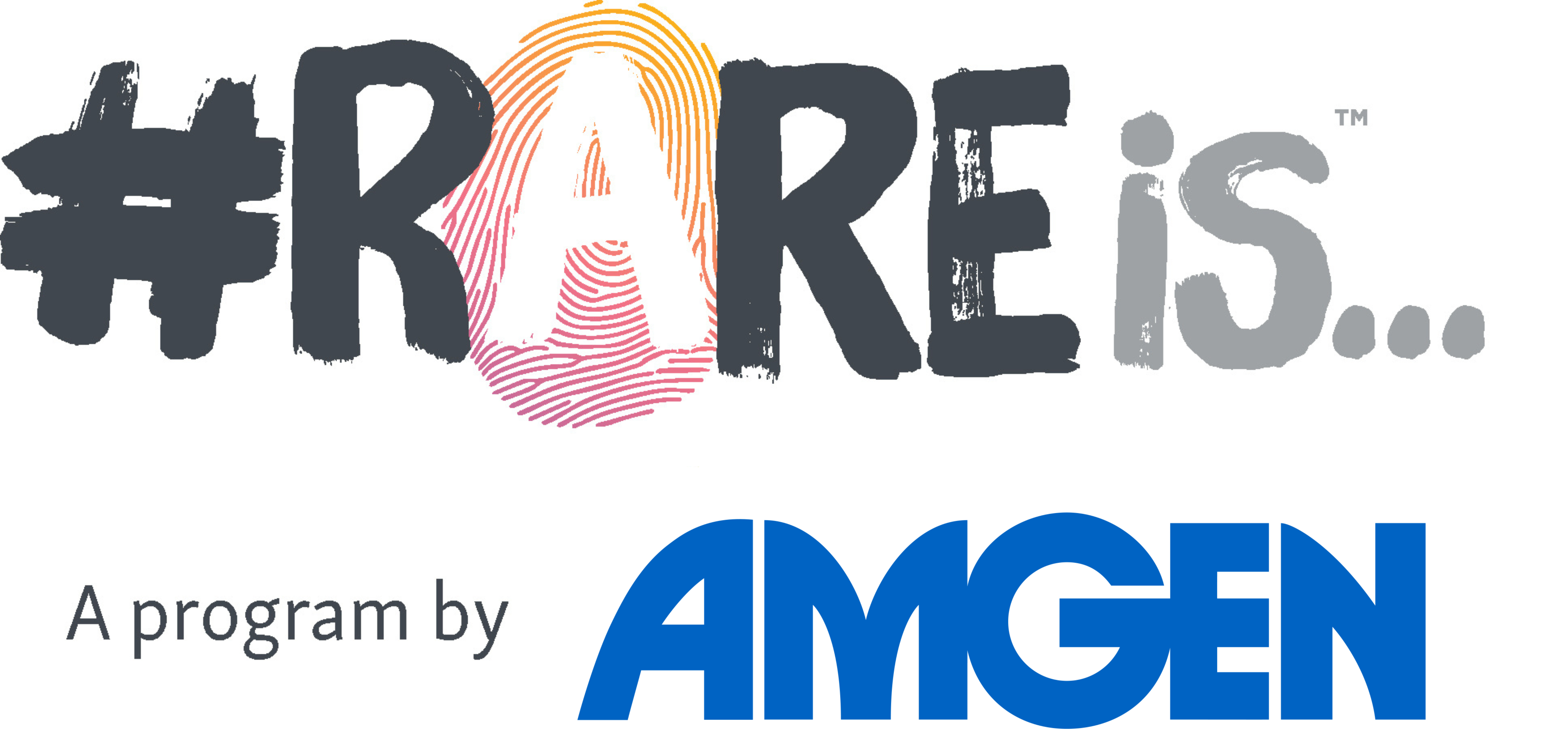Into the Deep End
My husband and I have two sons, Mason and Miles. When my younger son, Miles, was around one, we noticed he didn’t seem to be able to bear weight on his legs, and he started missing milestones like standing and walking. We suspected that something was wrong, so we started seeking specialists and began testing. Six months later, when Miles was 18 months old, we were given the diagnosis of spinal muscular atrophy (SMA), a rare degenerative neuromuscular disease.
We were blindsided by the diagnosis of a genetic disease that no one in our family had ever heard of or had. We were thrown into the deep end of the rare disease world, overwhelmed with all there was to learn, searching for information, managing doctor appointments and therapies while simultaneously caring for Mason and Miles. It was, truthfully, the hardest time in my life. It took a lot of faith, soul-searching, and courage to pick ourselves up, choose hope, and move forward. But once we got back on our feet, we were full speed ahead, working to figure out what we could do to help our son.
We got connected to the Cure SMA organization and discovered that we were fortunate to have an organization focused solely on SMA, as we realized not all rare diseases have a dedicated disease organization. We learned about a clinical trial that looked promising, and when it began enrolling a new phase for which Miles met the enrollment criteria, we raised our hands. Miles was losing strength, and he needed a medical intervention– fast. It was a blind study, but we could see pretty clearly early on that Miles was receiving the drug – he was regaining strength, and we were seeing progress.
Miles is doing really well overall. He’s grown, regained strength, and has more functional mobility. He never stops trying new things and setting new goals for himself. He goes to school, is very social, has a great sense of humor, is quick-witted, and often tries (successfully) to outfox us. We have a lot of hope and feel fortunate to dream about his future and how it might evolve.
The Power of Community
As we moved forward, there were many challenges, lots of stumbling, and a myriad of obstacles and roadblocks we had to find ways around. Throughout the process, we recognized how important it was to be among other SMA families who could walk the road with us, guiding us and providing resources, support, and connection. We got involved in SMA advocacy and fundraising efforts and continued to plug into the community. The more we connected with others, the more our confidence grew, our fears subsided, and our hope soared.
Years later, we attended a rare disease organization event, and our eyes were opened to the larger rare disease community. We learned just how big a group we were a part of and how many organizations were dedicated to rare disease awareness, legislation, advocacy, and research. We felt encouraged by the strength of the rare community.
As I felt more secure in our support for Miles, I kept thinking about the other mothers. The ones who didn’t have a dedicated disease organization to help them and those who were doing this alone or without a community.
Inspired by Empowering Mamas
I wrote down everything I wish I had known when Miles was diagnosed. At first, I shared it with other SMA moms and local moms within my community that I would run into at physical therapy appointments and doctors’ offices. But as I started writing, I discovered I had more to share. I felt compelled to reach the broader community of rare moms, so I launched Rare Mamas.
I figured, “What’s the use of going through all of this if I can’t use it to help someone else?” We shouldn’t all have to hit the same roadblocks or obstacles. What if we could shorten the gap between the beginning and moving forward? Maybe other moms could be better mentally or emotionally prepared for what they’re up against or could borrow strength from those of us who have walked the path before them. I built Rare Mamas to help moms move from distress, fear, and overwhelm to prowess, courage, and hope. To help them feel brave and capable. We are a powerful community, and we are ready and willing to help another mother along.
I am constantly listening to the community to determine how I can reach as many mothers as possible with resources, encouragement, and empowerment. I launched the Rare Mamas Rising podcast because moms are time-starved, and they want to listen to information while they’re multitasking and on the way to appointments. The podcast offers a way to meet moms where they are and highlight their stories.
I am endlessly inspired by the Rare Mamas community. It’s unbelievable what moms are capable of doing. Just caregiving for a child with a rare disease can be a battle–moms are managing therapy and appointments, advocating, administering medications, and even performing painful or intimidating medical procedures for their children at home. Some moms are starting foundations, raising disease awareness, and rallying support. Some moms are on Capitol Hill, involved in legislation; others have gone back to school to learn about science and research or changed career paths to make an impact. From a desperate, deep place of heartbreak, they’re rising up to fight on behalf of their children. Some parents have lost a child and are still working tirelessly to make a difference for other children and other families – it’s profoundly powerful to witness.
I feel so passionate about what I do. I love meeting other rare disease moms and utilizing my skills and experience to help other families. When someone tells me the Rare Mamas community has helped them, it’s incredibly fulfilling. It feels like I am exactly where I am supposed to be.
About Spinal Muscular Atrophy (SMA)
Spinal muscular atrophy (SMA) is a rare neuromuscular disease characterized by the loss of nerve cells in the spinal cord. SMA is associated with mutations in the survivor motor neuron 1 (SMN1) gene and equally affects males and females in approximately 1 in 11,000 live births. The signs and symptoms of SMA include muscle weakness and atrophy, hypotonia, decreased or absent reflexes, and twitching of muscle fibers. Newborn screening facilitates early identification of infants with SMA, which can impact treatment. SMA is divided into subtypes (SMA0 to SMA4) based on the age of symptom onset and maximum motor function achieved, with lower numbers indicating a more severe disease.

